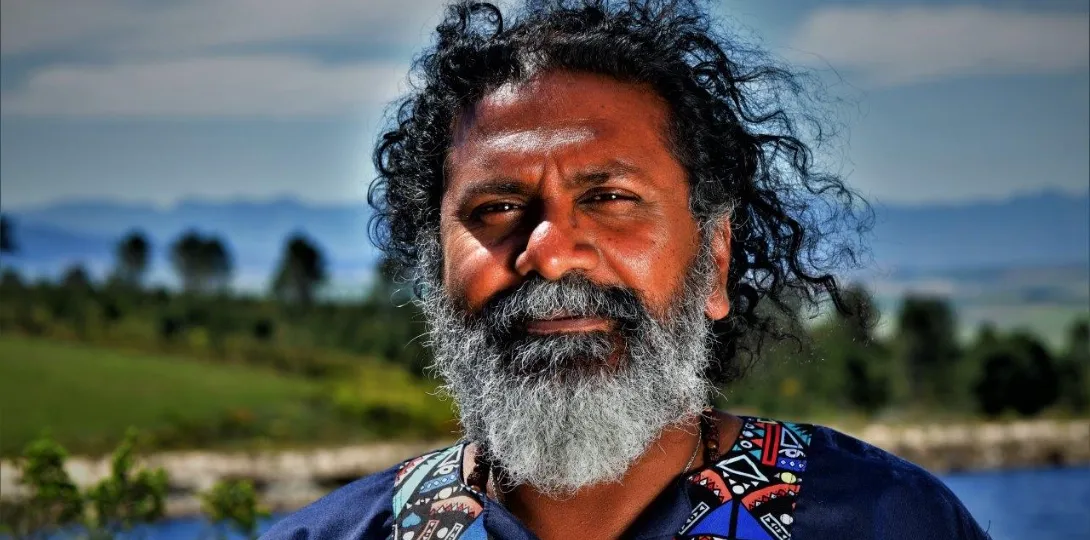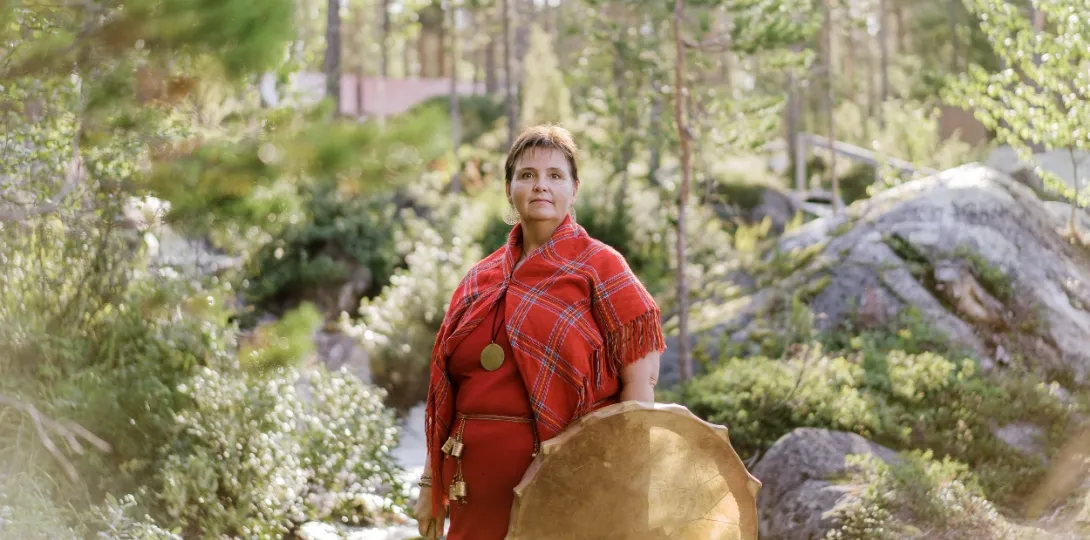Sacred Sites
This learning journey brings you Indigenous knowledge holders from across the planet, who will speak of these sites as catalysts of planetary homeostasis, balance and harmony. You will learn about sacred sites from a spiritual, political, ecological and historical perspective, as well as how to work with them and protect them.

hosted by Rachael Knight

hosted by Rachael Knight

hosted by Prince Appolinaire Oussou Lio

hosted by Bas Verschuuren

hosted by Rutendo Ngara

hosted by Tatyana Kobezhikova

hosted by Monica Gagliano

hosted by WHAIA - Sonic Weaver

hosted by Mindahi Bastida

hosted by Geraldine Patrick Encina

hosted by Manish Jain

hosted by Mphatheleni Makaulule

hosted by Gerson Paredes

hosted by Chief Ninawa Huni Kui

hosted by Simon Mitambo

hosted by Pooven Moodley

hosted by Rajendra Singh

hosted by Helene Lindmark

hosted by Cebisa Mabena
Across the planet, there are places that hold an ancient wisdom. Places where the boundaries between humans, spirits, ancestors, and deities are thin. Often humming with powerful, otherworldly energy, these Sacred Sites have been guarded through time by the those who know them best.
Through 6 modules, you will learn about sacred sites from a spiritual, political, ecological and historical perspective, as well as how to work with them and protect them. On this exciting journey you will learn first hand from a faculty of wisdom keepers and academic researchers from more than 12 nations including India, South Africa and Colombia, who have dedicated their lives and cultures to honouring sacred sites. You will gain rare insight into knowledge systems that encode the wisdoms of our relationship with the earth, ancestors, and the cosmos.
Sacred sites are places where humanity can engage with the earth, the more-than-human world and the cosmos at large, transcending the limits of our everyday human perceptions, and opening into relational possibilities with the land, waters, plants, animals, ancestors, spirits and gods.
To many local people, these places are “portals” where humans may give offerings or make prayers to - as well as receive messages or gifts from - the more-than-human world. These Sacred Sites may include springs, rivers, lakes, islands, rock formations, caves, mountains (or whole mountain ranges), forests, groups of trees, and special ecosystems that house sacred species. In some places, humans have embellished the power of the site by constructing monuments, building mounds, burying their dead, and erecting temples, churches and mosques.
In our rapidly changing world, Sacred Sites offer valuable lessons about respect, and our relationship with the past, present, and future. By examining the long-standing relationships between humans and these special places, you will learn how to cultivate harmonious connections with the land and the broader natural world around us. You will learn about the rules and protocols designed, through millenia, to ensure that they are cared for and related to honourably and with utmost respect
While Indigenous and local people fiercely protect their sacred sites, there are many thousands more that have been lost to memory together with the peoples who once protected them. Paved over by parking lots, lost in public forests, huddled under skyscrapers and housing developments, or hiding in plain sight, they remain unacknowledged and un-tended to. Through the course, participants will learn how to discover local Sacred Sites in their home landscapes, and begin to learn how to relate to, honour and tend to them.